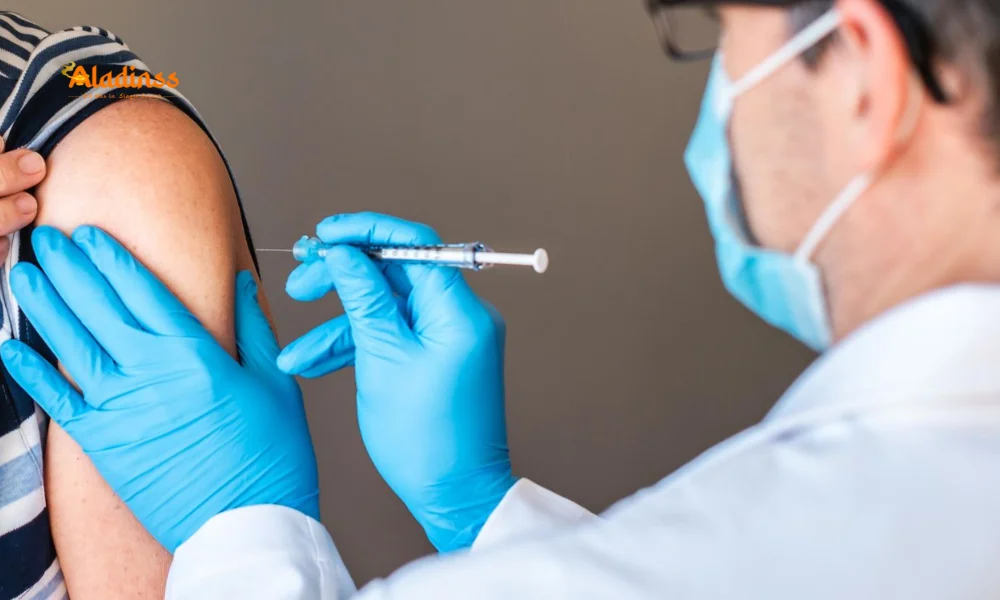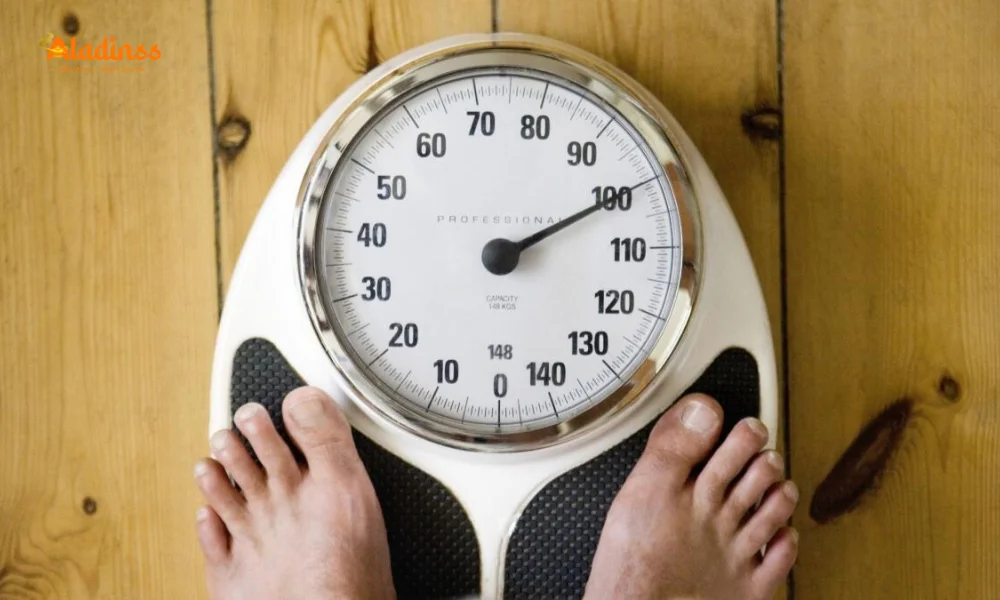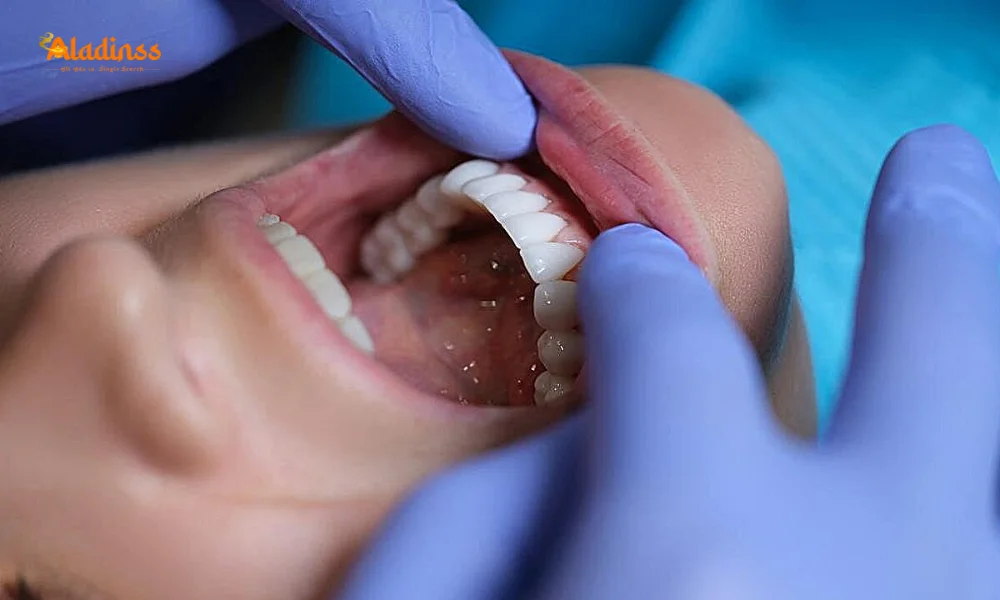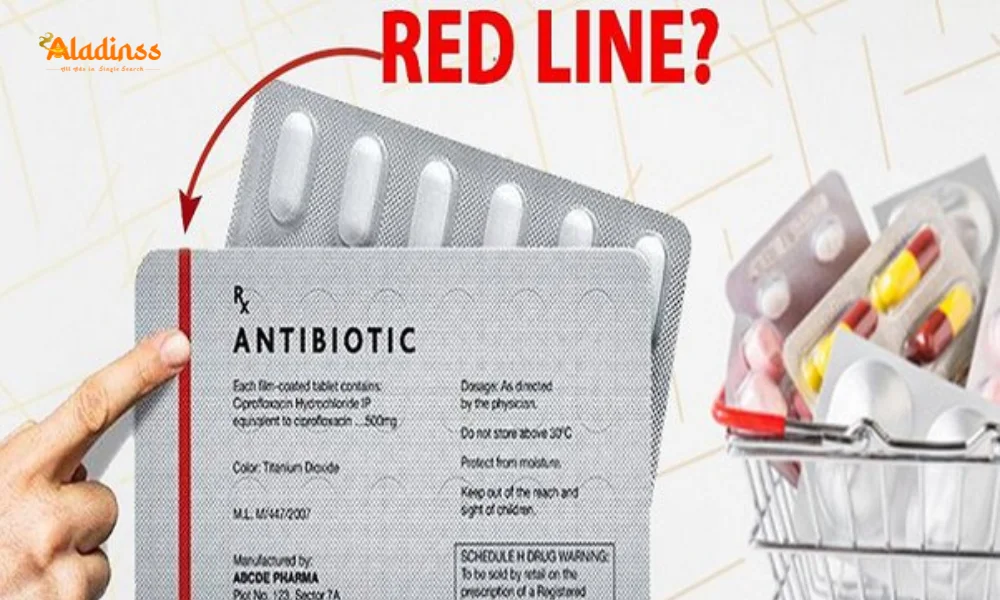Heart Disease? Don’t Skip These Vaccines, ACC Says

Heart Disease? Don’t Skip These Vaccines, ACC Says
The American College of Cardiology (ACC) has released updated vaccine recommendations for adults with heart disease, emphasizing the critical role of vaccinations in reducing the risk of heart attack, stroke, and other complications linked to respiratory infections. Released on August 26, 2025, these guidelines also highlight emerging evidence on the cardiovascular benefits of the shingles vaccine. With heart disease affecting millions globally, including a significant portion of India’s population, these recommendations are a vital step toward protecting vulnerable individuals. This article explores the ACC’s latest guidance, why vaccinations are essential for heart patients, and how these measures can safeguard cardiovascular health in 2025.

Why Heart Disease Patients Need Vaccines
Heart disease patients face a heightened risk of severe illness from respiratory viruses, according to the Centers for Disease Control and Prevention (CDC). Infections like influenza or COVID-19 can exacerbate heart conditions, leading to complications such as heart attacks or strokes. In India, where heart disease is a leading cause of death, this vulnerability is particularly concerning. The ACC’s new guidelines aim to address this by consolidating evidence-based vaccine recommendations to protect adults with cardiovascular conditions.
Paul Heidenreich, MD, a cardiologist and professor at Stanford Medicine, who chaired the ACC’s writing committee, emphasizes that the heart and lungs are closely interconnected. “When lungs are compromised by infection, it places extra strain on the heart, especially in those with preexisting conditions,” he explains. This is critical in India, where urban air pollution and high rates of smoking can worsen respiratory health, further stressing the heart. Inflammation from infections can also aggravate heart disease, increasing the risk of adverse outcomes.
The guidelines highlight a concerning gap: only about 30% of primary care doctors routinely check patients’ vaccination status. For heart disease patients, this oversight can have serious consequences, as vaccinations significantly reduce the severity of infections and related cardiovascular events.
Evidence Behind the Recommendations
The ACC’s recommendations, published in the Journal of the American College of Cardiology, are grounded in four key lines of evidence. First, heart disease patients face a higher risk of hospitalization and death from respiratory infections compared to those without heart conditions. Second, randomized clinical trials demonstrate that vaccines reduce the severity of infections. Third, observational studies show lower hospitalization and mortality rates among vaccinated individuals. Finally, adverse effects from vaccines are exceedingly rare, with benefits far outweighing risks.
In India, where coronary heart disease affects roughly 5% of adults over 20, these findings are particularly relevant. The country’s diverse population, varying healthcare access, and dietary habits—often high in fried foods and sugars—amplify cardiovascular risks. The ACC’s guidance, developed by a committee of five medical professors, provides a clear framework for clinicians and patients to prioritize vaccinations as part of routine cardiovascular care.
Influenza Vaccine: Annual Protection for All
The ACC recommends an annual flu shot for all adults with heart disease, with high-dose or enhanced versions advised for those aged 65 and older. Nasal spray flu vaccines are not recommended for individuals over 50 due to reduced effectiveness in this age group. In India, where flu season peaks during monsoons, this vaccine is crucial for heart patients.
Evidence shows that a flu infection increases the risk of a heart attack sixfold, a significant concern for India’s urban and rural populations alike. Flu shots, available at clinics for ₹800-₹2,000, are a cost-effective way to reduce this risk. For heart disease patients, the vaccine not only prevents severe flu symptoms but also lowers the chances of cardiovascular complications, making it a critical part of annual healthcare.
Pneumococcal Vaccine: Shielding Against Pneumonia
The ACC advises a one-time dose of the PCV20 or PCV21 pneumococcal vaccine for adults aged 19 and older with heart disease, with PCV15 followed by PPSV23 as an alternative based on prior vaccination history. All adults aged 50 and older are also recommended to receive this vaccine. In India, where respiratory infections are common due to pollution and crowded living conditions, this vaccine is vital.
Pneumococcal pneumonia leads to nearly 225,000 hospitalizations annually in the U.S., with 90% of these patients having chronic conditions like heart disease. Clinical trials show the vaccine reduces invasive pneumococcal disease by 75% and pneumonia by 45%. In India, where healthcare costs for hospitalization can strain families, the pneumococcal vaccine, priced at ₹2,000-₹4,000, offers significant protection against severe illness and related heart complications.
COVID-19 Vaccine: Essential for Heart Patients
For the 2024–2025 season, the CDC recommends a seasonal COVID-19 vaccine for all heart disease patients. While future vaccination frequency may evolve, the ACC underscores its ongoing importance for those with cardiovascular conditions. In India, where COVID-19 had a profound impact, this vaccine remains a key defense.
Severe COVID-19 is three times more likely in heart disease patients, increasing risks of heart attack, stroke, and long COVID. The vaccine, available free or at low cost in many Indian healthcare facilities, reduces these risks significantly. For heart patients, staying up-to-date with COVID-19 vaccinations is crucial, especially during surges, to prevent severe illness and protect cardiovascular health.
RSV Vaccine: Protection for Older Adults
The ACC recommends a single dose of the RSV (respiratory syncytial virus) vaccine for adults aged 75 and older, and for those aged 50–74 with heart disease or other chronic conditions. Unlike flu or COVID-19 vaccines, RSV vaccination is not currently annual, but guidance may evolve. In India, where RSV infections are less discussed but still prevalent, this vaccine is gaining attention.
RSV can cause severe lower respiratory illness, particularly in heart disease patients, leading to hospitalizations and worsened heart conditions. The vaccine, though less common in India and priced at ₹8,000-₹12,000, offers critical protection for vulnerable groups. As awareness grows, integrating RSV vaccination into routine care for older heart patients could reduce hospital burdens and improve outcomes.
Shingles Vaccine: A Surprising Heart Protector
The ACC recommends a two-dose shingles (herpes zoster) vaccine for adults aged 50 and older with heart disease. Emerging evidence suggests shingles infection increases the risk of stroke and heart attack, particularly in those with cardiovascular conditions. In India, where shingles is common among older adults, this vaccine is an important preventive measure.
The shingles vaccine, available for ₹10,000-₹15,000 for the full course, reduces the risk of infection and its cardiovascular complications. For heart patients, this added layer of protection is vital, especially in a country where healthcare access can vary. Discussing shingles vaccination with your doctor can integrate seamlessly into your heart care plan.
Addressing Vaccine Hesitancy in India
Vaccine hesitancy remains a challenge in India, driven by misinformation and access barriers. The ACC guidelines emphasize educating patients about the safety and benefits of vaccines. Adverse effects, such as mild soreness or fever, are rare and far outweighed by the protection against severe infections. In India, where rural healthcare access is limited, community health campaigns can play a role in spreading awareness.
Cardiologists and primary care doctors are encouraged to discuss vaccinations during routine visits, especially for heart patients. In India, where only a fraction of doctors check vaccination status, integrating these conversations into check-ups costing ₹500-₹2,000 can bridge the gap. By addressing myths and providing clear information, healthcare providers can boost vaccination rates and protect heart health.
Integrating Vaccinations into Heart Care
The ACC’s recommendations are a call to action for heart disease patients and healthcare providers. In India, where heart disease is rising among younger populations, vaccinations are a proactive step toward prevention. Affordable options like flu and COVID-19 vaccines, often free at government clinics, make this feasible for many. For costlier vaccines like RSV or shingles, discussing options with your doctor can help prioritize based on risk factors.
Regular check-ups, combined with lifestyle changes like a heart-healthy diet (rich in vegetables and whole grains) and exercise, complement vaccinations. In India, where cultural diets high in fried foods can elevate heart risks, these measures are essential. By following the ACC’s guidance, heart patients can reduce their vulnerability to infections and safeguard their cardiovascular health in 2025.
Comment / Reply From
No comments yet. Be the first to comment!






